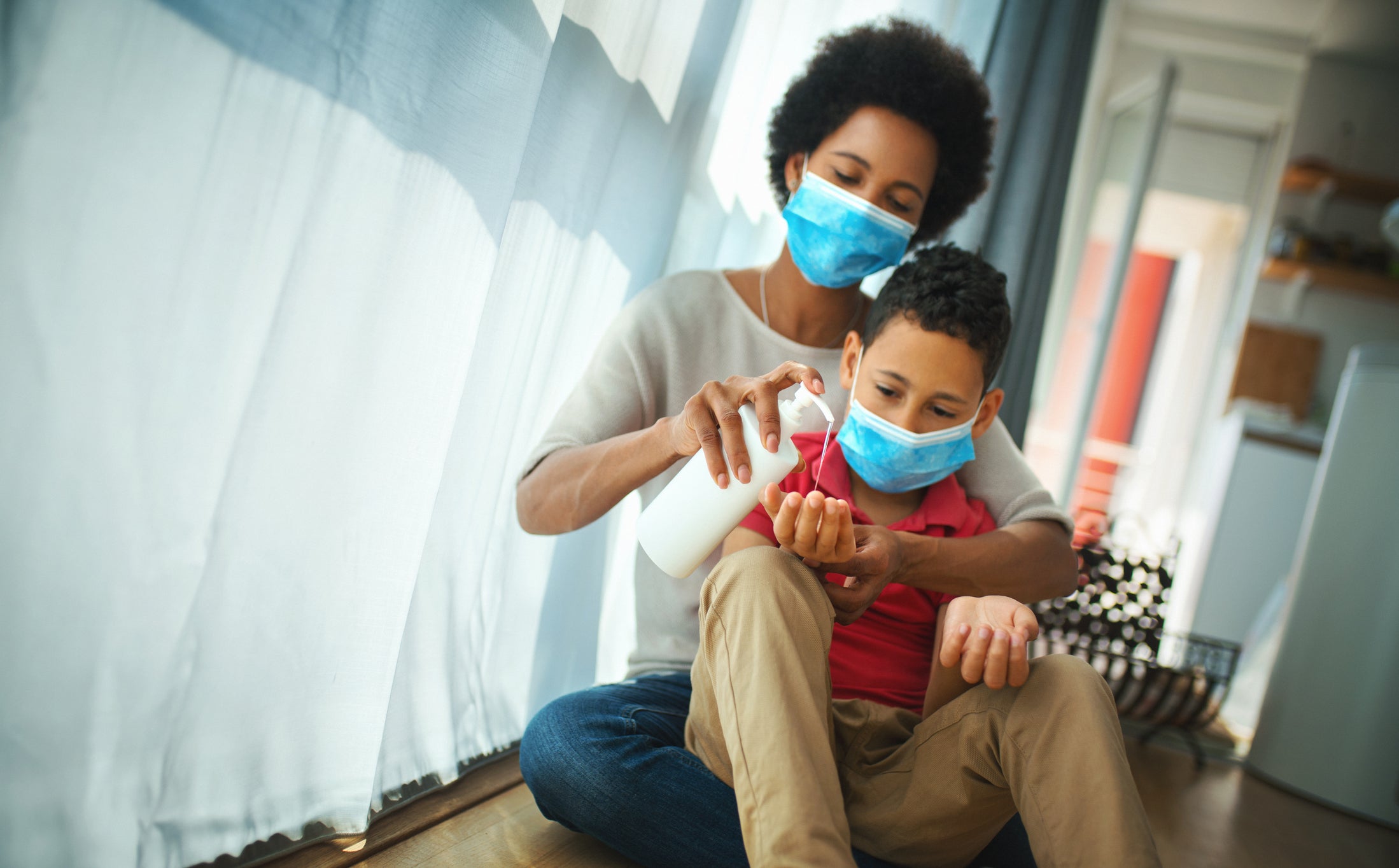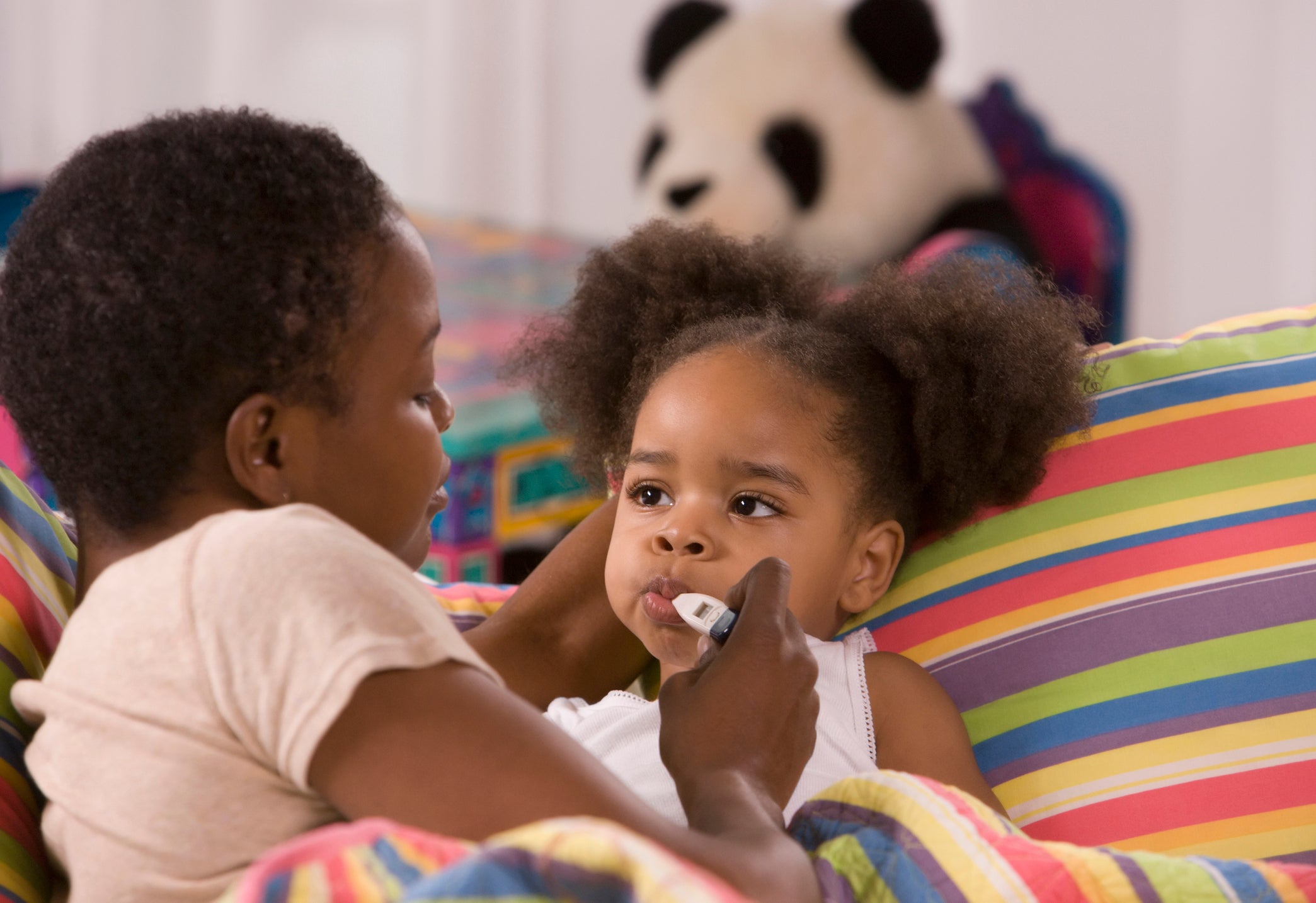
We are more than four months into the COVID-19 pandemic. As states gradually re-open daycares, schools and economies, there are still many unknown aspects of this rapidly developing disease. Despite the severe symptoms which can be seen in adults, one of the areas of relief was that the disease seemed mild in children. Many would have no symptoms, or have mild symptoms such as few days of fever, sore throat, cough, or diarrhea.
While this is still true for most children with COVID-19, the Centers for Disease Prevention and Control (CDC) recently released a health alert about a rare but serious possible complication of the novel coronavirus called Multisystem Inflammatory Syndrome in Children, or MIS-C. As of the time of this article, there have been over 200 possible and confirmed affected children in the U.S. Much of this new disease is unknown, such as who is at risk and whether it is always related to COVID-19. We also don’t know if it is caused by direct infection or by inflammation, which is how the immune system responds to infection.
However, here is what we know:
MIS-C is a disease where there is inflammation all over the body causing complications such as low blood pressure and damage to organs. It can also cause inflammation of the blood vessels of the heart, causing difficulty in pumping blood. It bears a lot of resemblance to another disease in children called Kawasaki Disease, which occurs when the blood vessels in the body are inflamed. Some of the symptoms of MIS-C are:
- Persistent high fever (>38.5C or 101.3F) of five or more days
- Redness and sensitivity of the eyes or tongue
- Severe belly pain and vomiting
- Flat, red skin rash that gradually spreads
- Redness and swelling of the hands and feet
- Swelling of the lymph nodes of the neck

Is it related to COVID-19? Many experts think so. Several of the children who have had the disease either tested positive for the coronavirus or its antibodies, which the body produces in response to past infection. While there seems to be a strong association between the two, some children tested negative for the coronavirus. However, it is a serious disease which must be recognized early.
What investigative tests might be performed? Doctors may conduct a variety of blood tests including a complete count of blood cells, tests of the kidney and liver, special tests that predict levels of inflammation, as well as a urine test. Usually, a special ultrasound of the heart is also performed to check if there has been any damage to its blood vessels.
How can it be treated? One way is the use of intravenous immunoglobulin, or IVIG, which is a mix of antibodies given through a vein to help calm down the inflammation. Steroids, which act in a similar way, may also be used. If needed, a breathing tube connected to a ventilator may be temporarily used to support breathing, and special medications may be used to improve blood pressure.
How do we keep our children safe from MIS-C? There is no known prevention at this time. However, you should continue to use the same precautions as before such as teaching your children about the virus and the importance of handwashing, wearing face masks, not sharing food with other children, as well as complying with whatever stay-at-home recommendations are in place where you live. You should also ensure that your children are up-to-date on vaccinations.

How do we treat children diagnosed with COVID-19 at home? Since it is a virus, treatment is mostly geared towards controlling symptoms such as:
- Controlling fever (>100.4F or 38C) by alternating between medications like Tylenol and Motrin. The dose should be based on weight, and your pediatrician can help determine the appropriate dosing for your child.
- Hydrate. While children may not have much of an appetite, it is important to encourage drinking fluids as they are at high risk for dehydration, especially if they have vomiting and diarrhea.
- Monitoring how much they urinate, as decreased urination can be a sign of dehydration. – Encouraging small bites. Controlling the fever may help increase appetite.
- Keeping in touch with your pediatrician.
When will it be safe to return to daycares/schools after they are re-open? This is a question that every parent is thinking about, and it is a difficult one to answer. My recommendation is to wait and monitor the disease for a few weeks after re-opening and, if at all possible, have a discussion with the administration to confirm that they are following healthcare recommendations. Continue to educate your child. If your child has a medical condition, it is important to discuss with your pediatrician.
The good news is that it appears most children with COVID-19 will do well. However, whether or not your child has been tested for the virus, if he/she is sick and has any of the symptoms listed above, or persistent vomiting, diarrhea, severe belly pain, decreased urination, continues to be irritable or very sleepy, call your pediatrician, 911, or go to your local emergency room.
Note: This is a developing topic. Please check the Centers for Disease Control and Prevention website for updates.
–
ESSENCE is committed to bringing our audience the latest facts about COVID-19 (coronavirus). Our content team is closely monitoring the developing details surrounding the virus via official sources and health care experts, including the World Health Organization (WHO), the Centers for Disease Control and Prevention (CDC) and the Occupational Safety and Health Administration (OSHA). Please continue to refresh ESSENCE’s informational hub for updates on COVID-19, as well as for tips on taking care of yourselves, your families and your communities.





